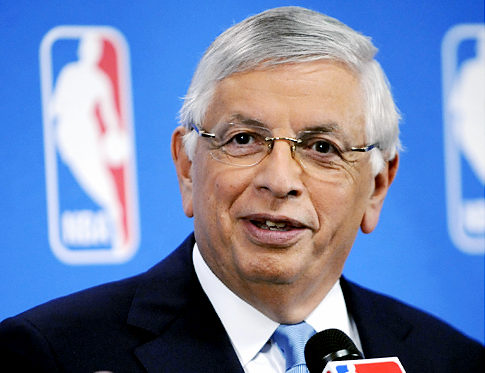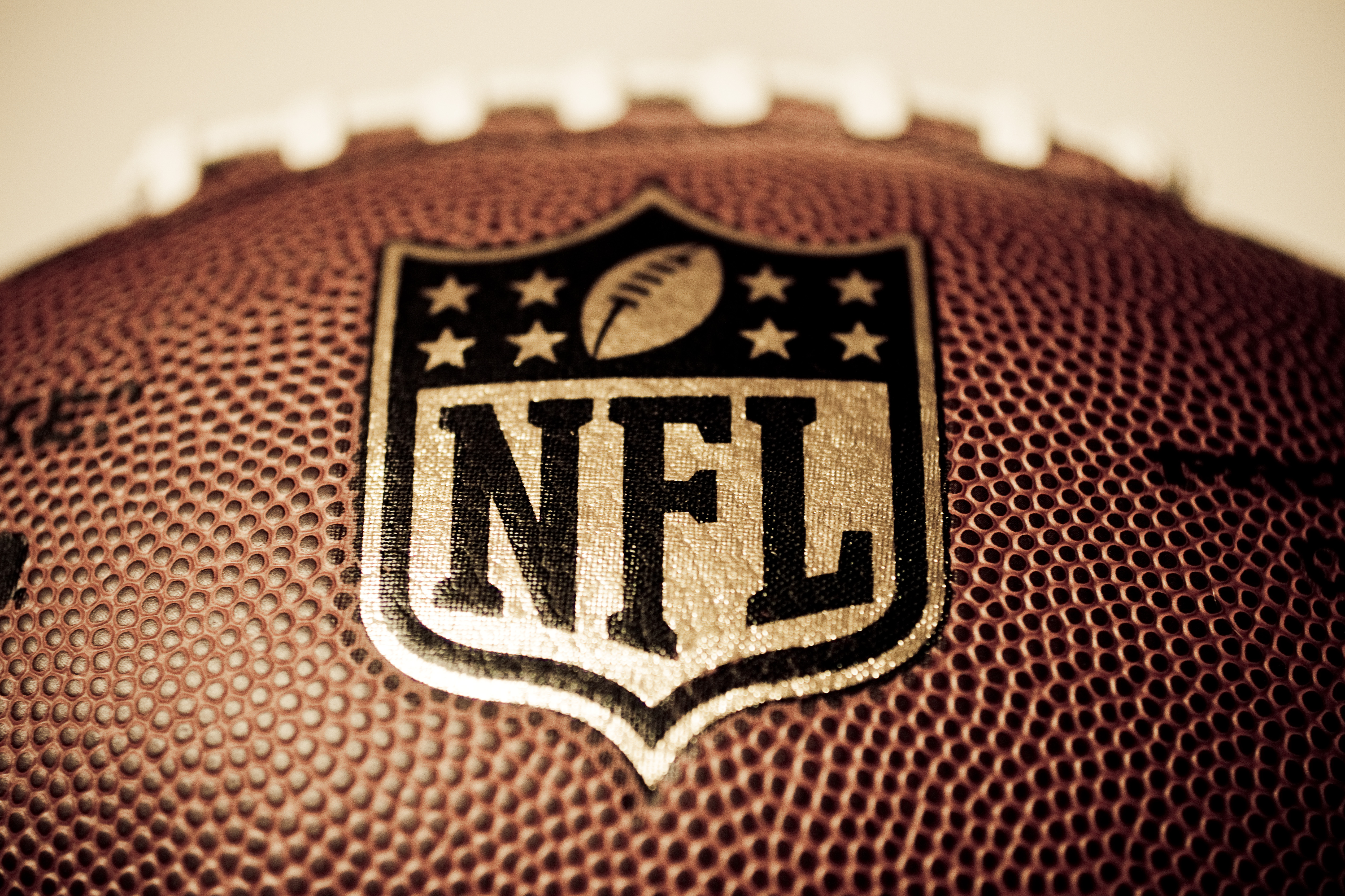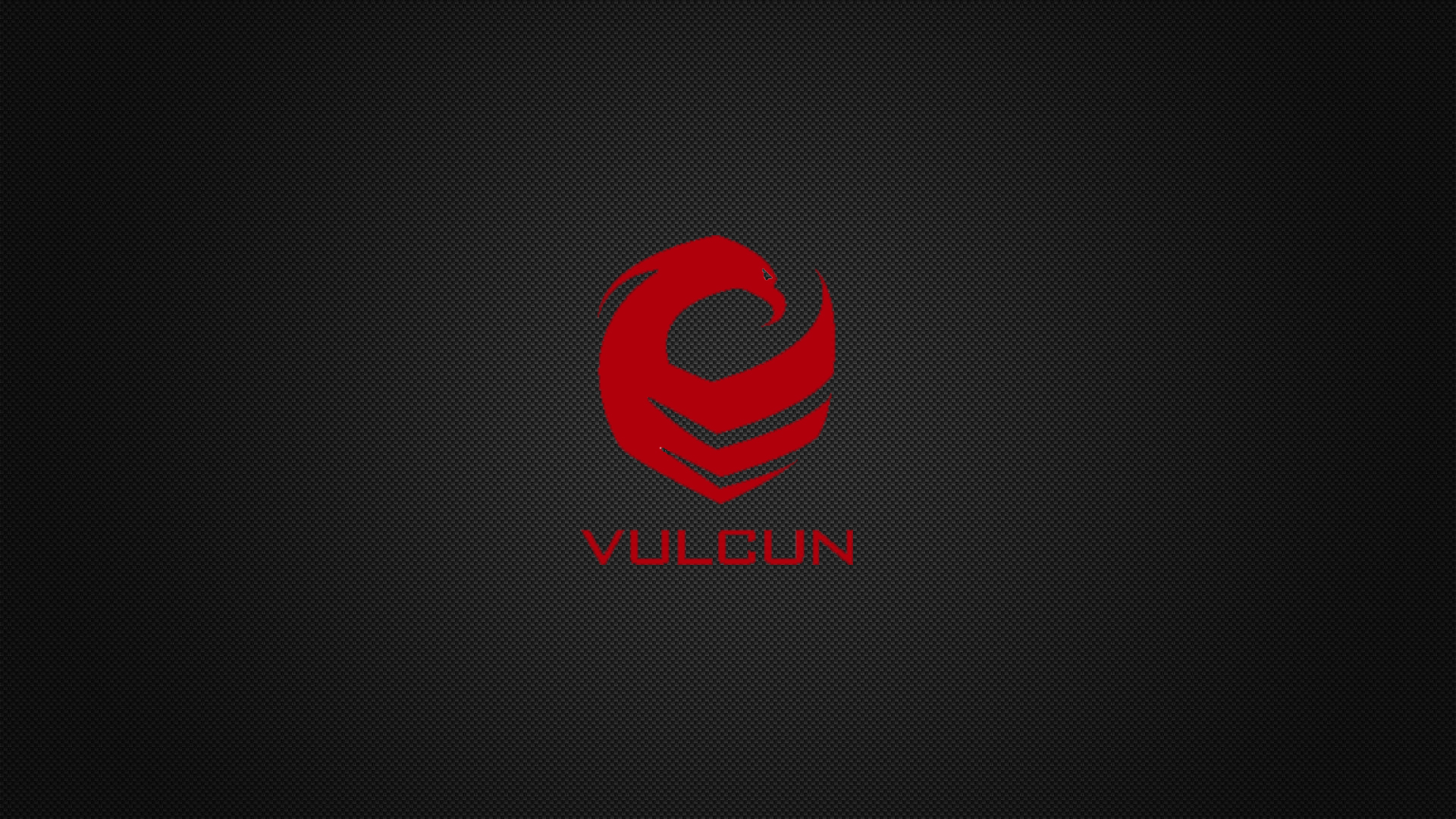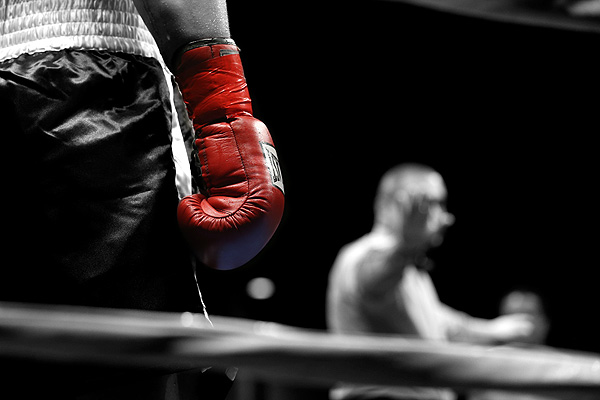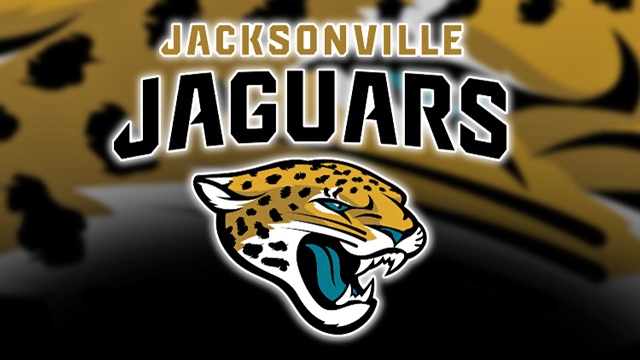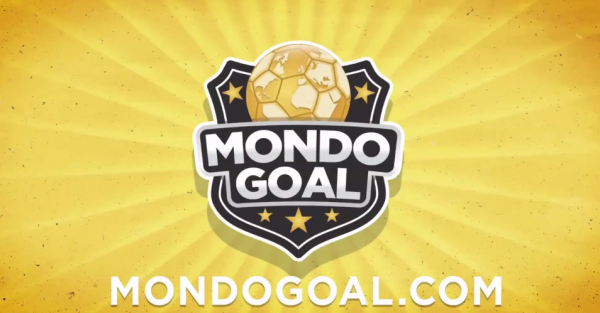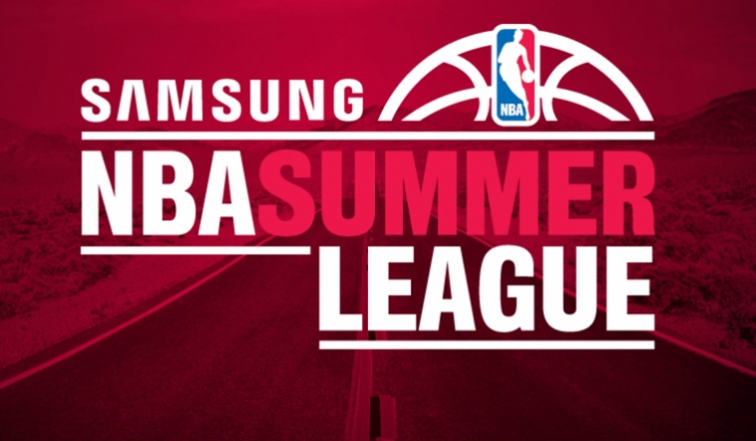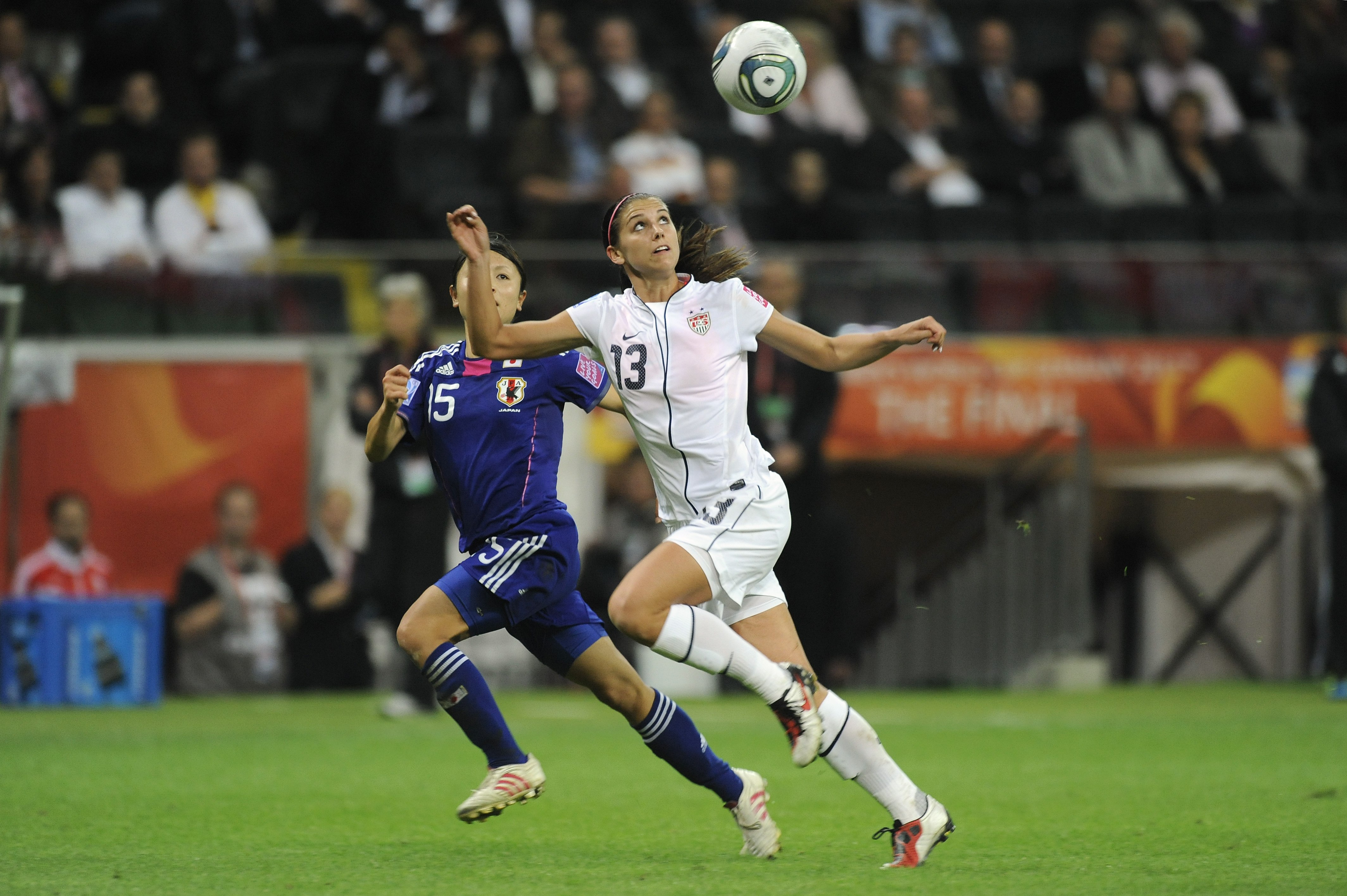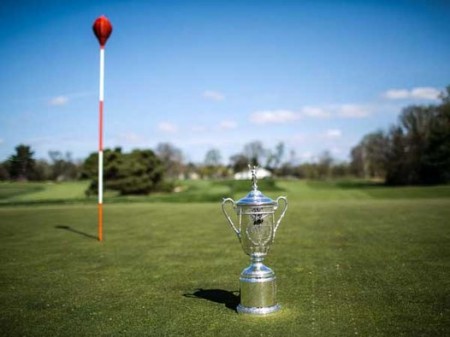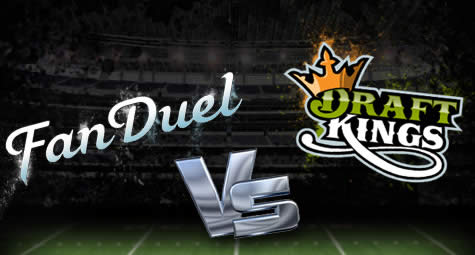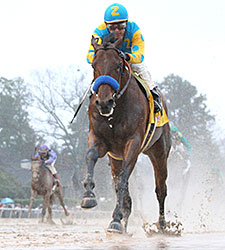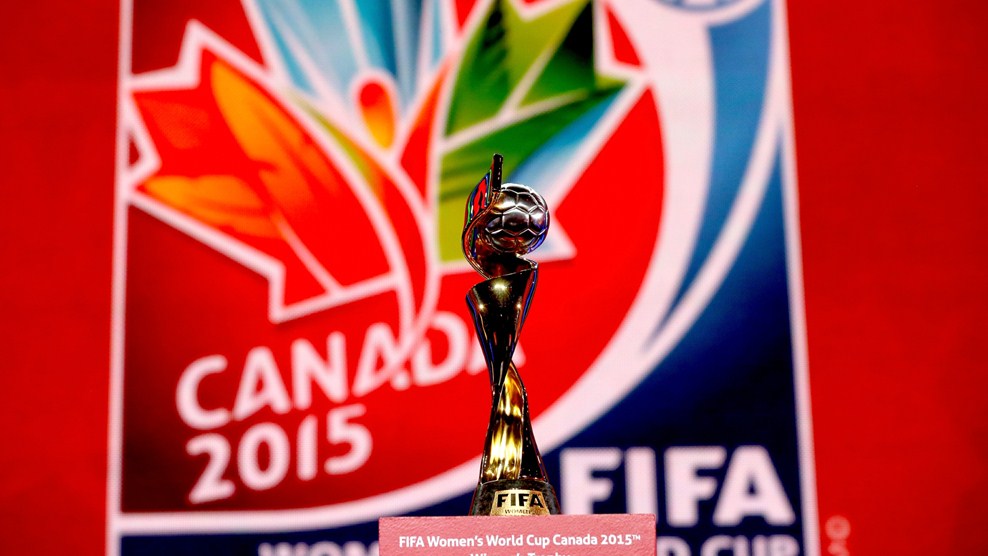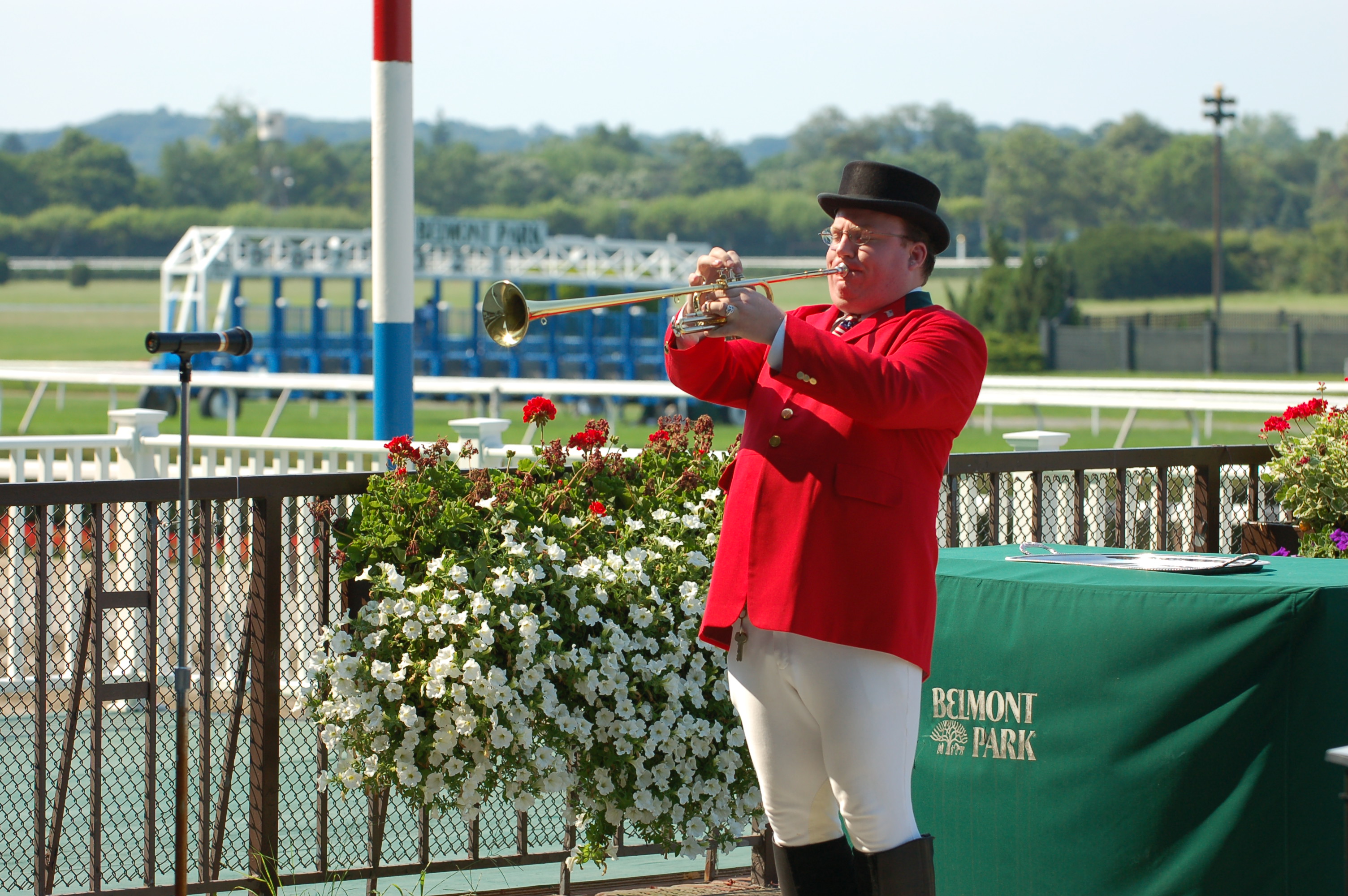The Games of 2015 and 2024
By Terry Lyons, @TheDailyPayoff Contributing columnist
@terrylyons
BOSTON – A dangerous game with the highest stakes in the entire sports world is playing out this summer, and about a week ago, the United States Olympic Committee doubled down on its weakening hand. The USOC is gambling with the battered reputation of the United States of America in the international sports community, and the organization’s wager is a “Come To Boston in 2024” bet that has a doubting New England community yelling “CRAPS!”
On January 8th of this year, the USOC surprised the elite followers of the Lord of the Rings with the announcement that Boston was selected over Washington DC, San Francisco and Los Angeles as the USA’s choice to put forth in the high stakes poker game of landing the rights to host a future Summer Olympic Games, targeting the next available Olympiad to be held way in the distant future of 2024.
With the fact that the Summer Games have not been held in North America since the ill-fated, domestic terrorist bomb-laden Atlanta Olympics of 1996, the Pundits of the Rings all believed the United States entry had a better-than-average chance at landing the ’24 Games. Since ’96, the better part of the universe has had its hands in the Olympic cookie-jar, including Sydney (2000), Athens (2004), Beijing (2008), London (2012) and all-too-soon-to-be Rio (2016). After that, Asia will host the XXXII Olympiad, with the 2020 events in Tokyo.
That left Olympiad #33 up for grabs, and what better way could there possibly be to celebrate the 40th anniversary of the great Larry Bird’s dual NBA & NBA Finals MVP season than the Summer Games right behind the Fourth of July on the Esplanade?
So the USOC acted on this notion back in January, and all the local Boston politicians and civic leaders jumped right on the bandwagon, figuring there would be much rejoicing. All was fine and wonderful in Beantown, for about as long as it took the New England weather to change.
The cruel winter of 2015 dumped 108.6 inches of snow atop the golden dome of the State House, the worst winter snowfall since 1872, some 24 years before the ancient Olympic Games of 1896. What the politicians and USOC members did not count on during that snowy winter were the two things every Bostonian can claim as his or her own – crankiness and complaining.
Bostonians, and New Englanders, in general, love to complain. They complain about the weather, the weather forecasters, the politicians, the sports teams, and their coaches. Even when the coaches deliver championships, the next season the fans complain. You can ask Red Sox manager John Farrell or Bruins coach Claude Julien, and they’ll tell you, if they still have jobs next week. And, that’s just sports!
When it comes to REAL complaining, Bostonians have three favorite topics: the Big Dig, the traffic, and the transit system, known to all as the T, probably since its formation in 1897, only a year after the inaugural and ancient Olympics in Greece.
Now put this perfect storm together, and you won’t need a PhD in Mathematics from MIT to frame the equation:
IOC + USOC + 2015 + 108.6 (snow) + Big Dig – (new Governor + new Mayor) = Boston – 2024
What is the answer to that problem?
A resounding no.
Faster than a politician can flip-flop, the grand plans of Boston 2024 were called into question, and the pronouncement of Boston being the USOC’s city of choice as fact was denounced by civic groups, claiming the 2024 Games would cost taxpayers hundreds of millions.
While the snow fell, Bostonians did what they do best and started to complain to their elected officials to the point where all hell broke loose, and the original head of the Boston Olympic organizing group, prominent construction magnate John Fish, had to step down and was replaced by Steve Pagliuca, known to most as managing partner of Bain Capital investment group and co-owner of the Boston Celtics.
In recent weeks, Pagliuca has done what any newfound co-chair of a committee would do. He called for a “players only” team meeting, re-shaped the Boston 2024 bid specs, and launched version 2.0 in order to appease the inquiring minds of “No Boston 2024” and a public still complaining about the Big Dig, the snow (and the resulting parking and traffic woes), and an ancient, failing transit system.
One thing is for sure: in the world of politics, investments, public opinion, and even sports, team meetings, re-launches, and versions 2.0 are not good, although Pagliuca has assured all who will listen that the premise of Boston 2024 will not come at the cost of taxpayers of the Commonwealth and the Summer Games will actually fuel a much-needed rebuilding of two Boston neighborhoods while the city works to finance its aging and decrepit infrastructure.
To that point, Pagliuca and Boston 2024 are right. The failing “T” and the aging roads are not going to fix themselves, and by 2024, they will be nearly a decade older.
So the question remains – Should the USOC put forth a bid to the world for Boston to host the 2024 Olympics?
With world-class cities like Paris and Rome amongst the competing cities, a successful Boston bid is a long-shot, at best. Even Hamburg and Budapest might be more viable candidates to the IOC. But the influence of the North American audience (aka NBC/Comcast television money) might be enough to influence the IOC hierarchy to vote for the USA candidate city, either in 2024 or no later than 2028.
The people of Boston need to recognize the fact that the old-fashioned way of “complaining and doing nothing” is only a mantra for the GOP, not a city in dire need of modernization.
While the bid-specs detail the use of existing facilities and champion a new approach, tagged as “Olympic Agenda 2020” by the IOC, seeking to cut down on the growing excesses of prior Olympiads, the secret sauce for Boston 2024 is to seek new and better sources of revenue generation.
One idea, totally lost in the shuffle of all noise generated this spring, is Boston 2024’s original bid idea to “farm out” some of the events – such as the preliminary round of basketball. In such a plan, two groups of six teams could play to large audiences in cities such as New York or Chicago before coming to Boston for the medal round to be played after artistic gymnastics folds up its tent and TD Garden reverts back to the parquet floor.
Another idea – ripe for the times – is to factor in potential revenue or licensing from all-out sports gambling on certain events of the Games. Properly administered, global wagering from authorized sports books and even daily fantasy sports could add tens of millions to the Boston 2024 coffers, and that would be just for the sponsorship or official licensing rights to the likes of William Hill or Betfair.
Affiliate fees and a portion of the take might net enough cash to appease the Boston 2024 naysayers while paving the road for additional fees to further ensure possible cost over-runs. The Mass Lottery might like it enough to begin the program as early as the Summer of 2016, when wagering or a DFS lottery on the Red Sox, Celtics, Bruins and Patriots could mint millions, just as the Rio Games are planning to wager their Olympic reputations on the likes of win, place, and show bets on gold, silver and bronze.
Let the Games begin.
